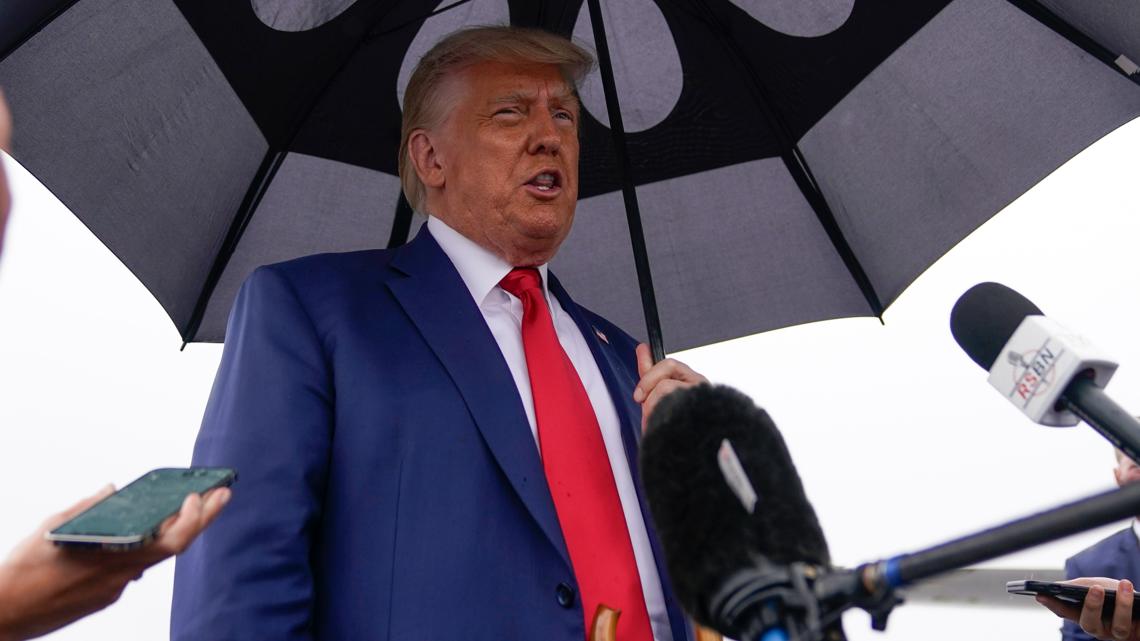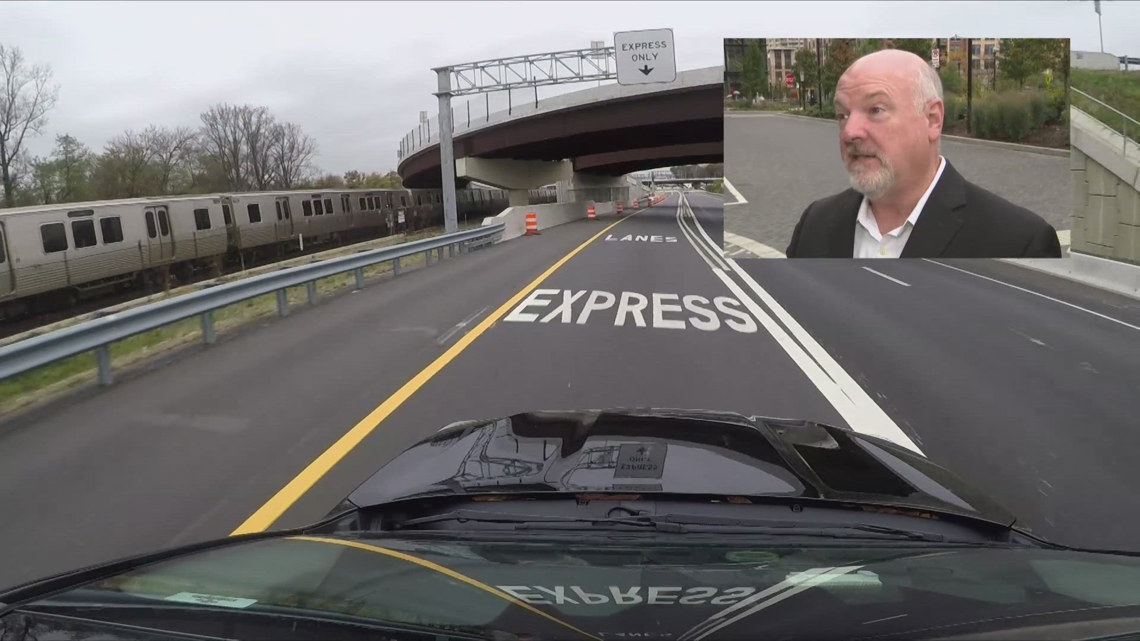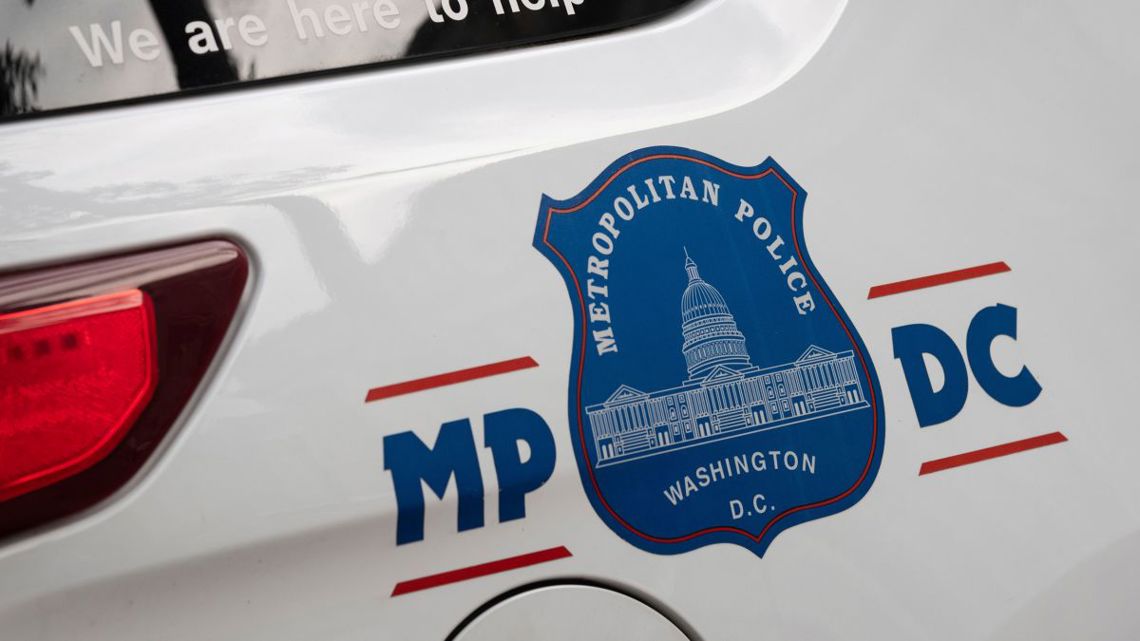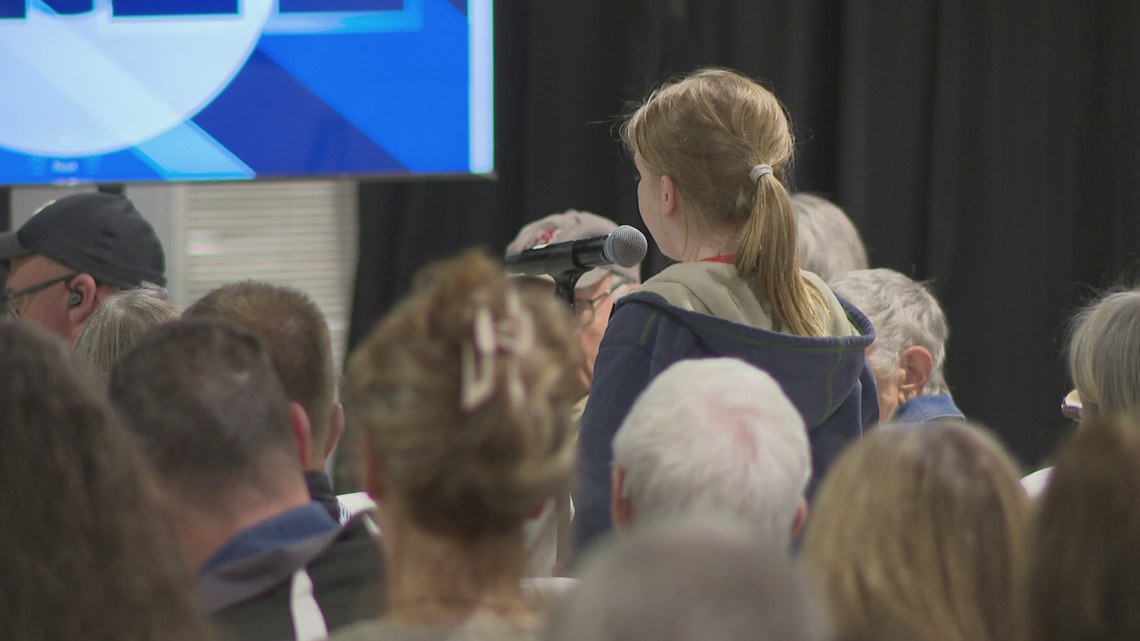The former president's attorneys say the "unprecedented" nature of the case and voluminous discovery require a lengthy trial schedule.
WASHINGTON — Attorneys representing former President Donald Trump in his election fraud case want his trial to begin in 2026 – proposing a schedule that would push the bulk of the case well past the 2024 presidential election.
In a filing Thursday evening, attorneys Todd Blanche, John Lauro and Gregory Singer argued the “unprecedented” nature of the case and the enormous amount of evidence warranted a lengthy schedule that would give them years to review the approximately 11.5 million pages of documents and roughly 8.5 million terabytes of data the government has already turned over in the case.
“The public interest lies in justice and fair trial, not a rush to judgment,” Trump’s attorneys wrote. “Moreover, if the rights to due process and counsel are to mean anything, a defendant must have adequate time to defend himself.”
Earlier this month, prosecutors from Special Counsel Jack Smith’s office asked a federal judge to set the trial for Jan. 2, 2024. Their proposed date would conflict with the first major contest in the political calendar for Republican presidential hopefuls – the Iowa Republican Caucuses, which begin on Jan. 15. Public polling has consistently shown Trump leading his Republican rivals as he seeks a third nomination for president from the party.


In their filing Thursday, Trump’s attorneys suggested the government’s trial date was chosen to prevent the former president from adequately preparing for trial, saying they would need to process more than 99,000 pages of evidence a day to finish reviewing the documents already handed over by Jan. 2.
“That is the entirety of War and Peace, cover to cover, 78 times a day, every day, from now until jury selection,” the defense motion reads.
Under Trump’s proposed schedule, his attorneys would have nearly a year to file any motions to dismiss the case. The next filing deadline wouldn’t come until the end of January 2026, when both the defense and prosecution would have to file any motions seeking to exclude evidence from trial. Trump has suggested he will seek either to move the case out of D.C. or to have Chutkan recuse herself, although his attorneys have not yet filed such motions or indicated they are coming.
Even without an election fraud trial in 2024, Trump’s legal and political calendar is filling up. He is scheduled to begin a civil trial in New York in write E. Jean Carroll’s defamation case in mid-January, which also holds the Iowa caucuses and the New Hampshire primary. A trial on more than 30 criminal counts alleging he covered up hush money payments to porn star Stormy Daniels is set to begin on March 25, 2024, in New York. His federal trial in Florida on dozens of charges alleging he willfully retained national security documents after leaving the White House is scheduled for May 20, 2024.
The next hearing for Trump’s election fraud case was set for Aug. 28 in D.C., although Trump’s appearance will be waived. Chutkan could set a preliminary trial date that day, or keep the matter under advisement.
.png)









 English (US) ·
English (US) ·